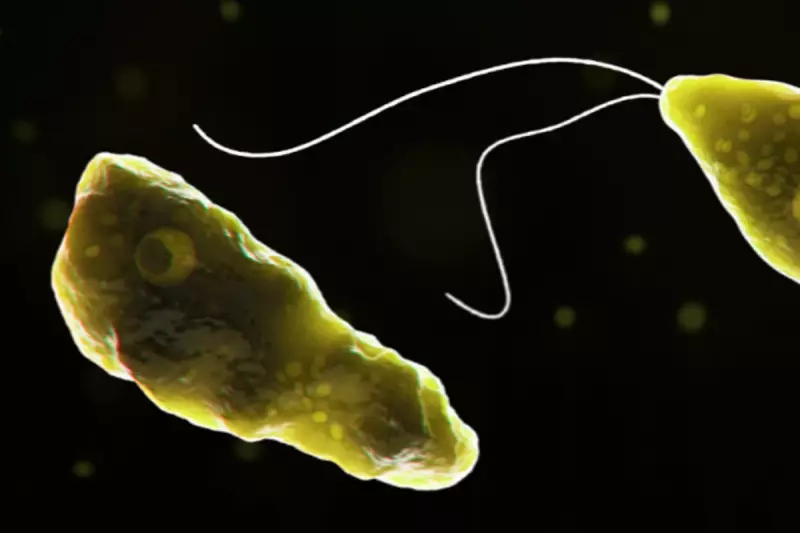
Health authorities in India's southern state of Kerala have been plunged into a state of high alert following the tragic death of a 14-year-old boy from a rare and devastating infection known as 'brain-eating amoeba'.
The teenager, named as Anup, is the third fatality from the waterborne parasite in the state this month alone, raising serious concerns about a potential cluster of cases.
What is the Brain-Eating Amoeba?
The culprit is a microscopic, single-celled organism called Naegleria fowleri. This deadly amoeba thrives in warm, freshwater environments such as lakes, rivers, hot springs, and even poorly maintained swimming pools.
Infection occurs when contaminated water enters the body through the nose. From there, the amoeba travels to the brain, where it causes a severe and almost always fatal infection called Primary Amoebic Meningoencephalitis (PAM), which destroys brain tissue.
A Rapid and Tragic Decline
Young Anup began showing symptoms on May 22nd after bathing in a local stream. His condition deteriorated with frightening speed. He was admitted to a private hospital with a severe fever and headache, and tragically passed away on June 5th during treatment.
His death follows that of a five-year-old girl from Malappuram and a 13-year-old girl from Kannur, who also succumbed to the infection earlier in May.
Urgent Public Health Warnings Issued
In response, the Kerala health department has issued stern advisories, urging the public to exercise extreme caution.
Key recommendations include:
- Avoid swimming and diving in freshwater lakes and ponds, especially during the warm summer months.
- Use nose clips or hold your nose shut if you must enter warm freshwater.
- Ensure swimming pools are adequately chlorinated and properly maintained.
- Avoid disturbing the sediment in shallow warm freshwater areas.
- Use only boiled and cooled or sterilised water for nasal cleansing rituals like 'jala neti'.
Why This Infection is So Dangerous
PAM is notoriously difficult to diagnose in its early stages, as initial symptoms mimic common viral illnesses like flu or bacterial meningitis. By the time a diagnosis is confirmed, the infection is often too advanced to treat effectively.
Despite its terrifying name, health experts are keen to stress that the infection cannot be contracted by drinking contaminated water, and it is not spread from person to person.
The recent cluster of cases in Kerala has put health services on edge, as officials work to identify the specific water sources responsible and prevent further tragedy.





